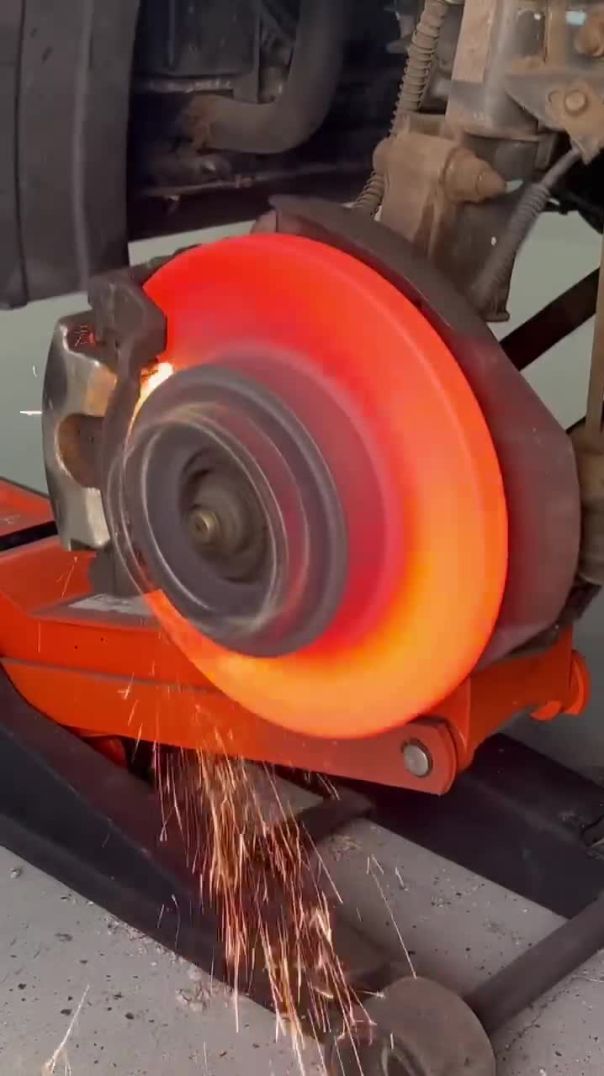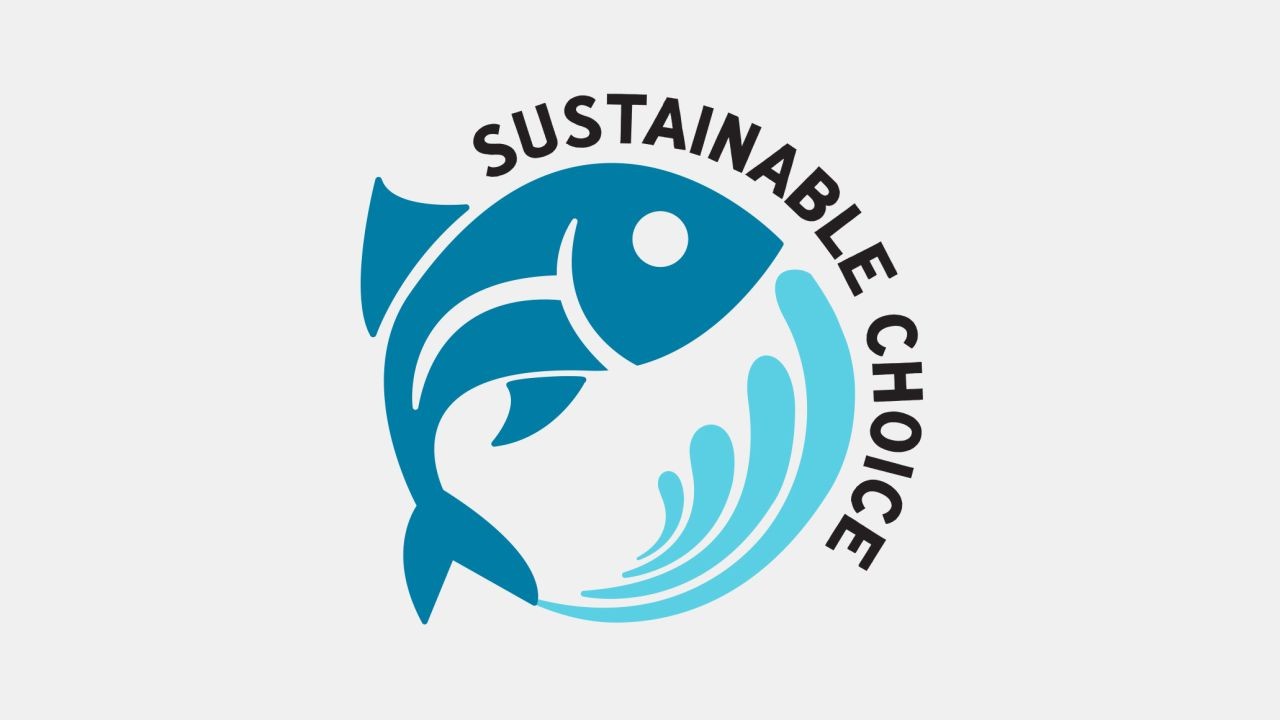Introduction
Investing in Australian real estate without any initial capital might sound like a pipe dream, but for savvy investors, it's a viable strategy. Australia's housing market is renowned for its resilience and potential for high returns, but the traditional barrier to entry—cash—often deters aspiring investors. However, with innovative financing methods and strategic partnerships, it is possible to invest with little to no money down. This article delves into these strategies, assessing their feasibility and offering actionable insights for policy analysts, investors, and real estate professionals alike.
Australia’s real estate sector has shown remarkable growth, with regions like Sydney witnessing property price increases of over 12% in 2024, as reported by CoreLogic. This growth, however, is coupled with challenges such as affordability and access to financing, making "no money down" strategies even more appealing. Understanding these methods can provide investors with the opportunity to tap into the market without traditional financial hurdles.
Case Study: Leveraging Equity for Investment
One of the most effective strategies for investing with no money down is leveraging existing home equity. Consider the case of Sarah, a homeowner in Melbourne. With the property prices appreciating significantly over the past decade, Sarah's home gained substantial equity. Instead of selling her property, she opted to refinance her mortgage, unlocking $100,000 in equity, which she used as a down payment for an investment property.
This approach allowed Sarah to diversify her real estate portfolio without using her savings. Her strategy exemplifies how homeowners can capitalize on rising property values to fund further investments. According to the Reserve Bank of Australia (RBA), such refinancing has become a popular method, with home equity loans rising by 5% in the last year alone.
Step-by-Step Guide to No Money Down Investment
- Research and Education: Understand the real estate market dynamics, focusing on areas with potential for growth. Utilize resources like the Australian Bureau of Statistics (ABS) for data on market trends.
- Leverage Existing Assets: Consider refinancing existing properties or using other assets as collateral. Consult with financial advisors to assess equity options.
- Partner with Investors: Collaborate with investors who can provide capital in exchange for a share of the profits. This approach reduces personal financial risk while expanding investment capabilities.
- Utilize Vendor Finance: Negotiate terms where the seller finances the purchase, allowing you to pay off the property over time instead of upfront.
- Explore Government Schemes: Investigate programs like the First Home Loan Deposit Scheme, which helps reduce the initial deposit requirement.
Regulatory Insights and Economic Context
Investing in real estate in Australia involves navigating various regulations and economic factors. The Australian Prudential Regulation Authority (APRA) oversees lending standards, ensuring that financial institutions maintain prudent lending practices. Recent APRA guidelines have tightened lending criteria to curb excessive borrowing, impacting how investors approach financing.
Moreover, the Australian Competition & Consumer Commission (ACCC) monitors competitive practices in the real estate market, ensuring fair pricing and transparency. Understanding these regulatory frameworks is crucial for investors looking to maximize opportunities while minimizing legal risks.
Pros and Cons of No Money Down Investment
Investing with no money down offers significant advantages but also comes with inherent risks. Here's a breakdown:
Pros:
- Minimal Initial Capital: Enter the real estate market without large cash deposits.
- High Leverage: Increase potential returns by using borrowed funds.
- Diversification: Spread investments across multiple properties, reducing risk.
Cons:
- Higher Interest Rates: Loans with minimal down payments often attract higher rates.
- Increased Debt Load: Higher leverage means greater financial obligations.
- Market Volatility: Property value fluctuations can impact equity and profitability.
Common Myths & Mistakes
Several myths persist about no money down investing, which can mislead potential investors:
- Myth: "You need perfect credit to invest without money down." Reality: While good credit helps, creative financing methods and partnerships can accommodate varying credit scores.
- Myth: "No money down means no risk." Reality: High leverage increases financial risk, especially in volatile markets.
- Myth: "It’s impossible to find such deals in Australia." Reality: With market research and networking, numerous opportunities exist across the country.
Future Trends and Predictions
The future of no money down investing in Australia is promising, driven by technological advancements and changing market dynamics. As digital platforms streamline property transactions, investors can access more opportunities with less capital. The RBA predicts that by 2025, 30% of property transactions will involve alternative financing methods, such as crowdfunding and peer-to-peer lending.
Furthermore, as urbanization continues, regional areas are expected to see increased demand, offering new investment prospects at lower entry costs. Investors should stay informed about these trends to capitalize on emerging opportunities.
Conclusion
Investing in Australian real estate with no money down is not only possible but can be highly lucrative for those willing to explore creative financing options. By leveraging existing assets, partnering with other investors, and staying informed about regulatory changes, investors can navigate the market effectively. As the landscape evolves, staying adaptable and informed will be key to maximizing returns.
What's your take on these strategies? Share your insights and experiences below!
People Also Ask
How does investing with no money down impact investors in Australia? Investors leveraging these strategies can enter the market without large initial capital, allowing for greater diversification and potential returns.
What are the biggest misconceptions about no money down investing? A common myth is that it's impossible to find such deals in Australia, but with proper research and networking, opportunities do exist.
Who benefits the most from no money down investing? This approach benefits new investors, individuals with limited capital, and those looking to diversify their investment portfolios without significant upfront costs.
Related Search Queries
- Investing in Australian real estate with no money down
- Creative real estate financing in Australia
- Leveraging equity for property investment
- No deposit home loans Australia
- Real estate market trends Australia 2025
- APRA lending standards 2024
- First Home Loan Deposit Scheme Australia
- Property crowdfunding Australia
- Vendor finance real estate Australia
- Australian real estate investment strategies































